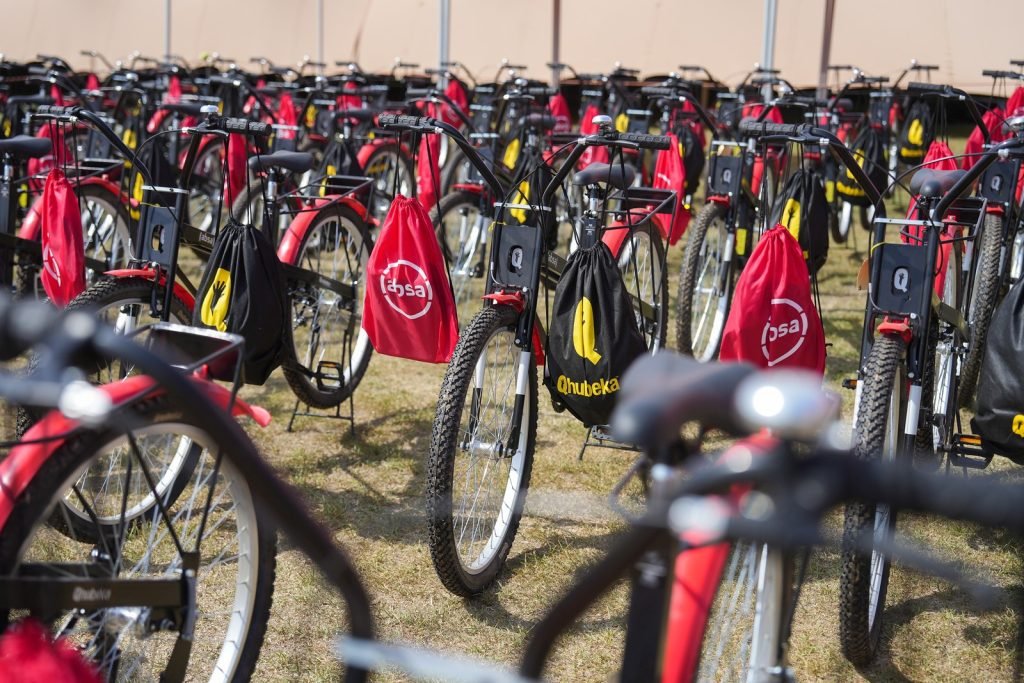
By Tim Cohen ‘The data is directionally the same. If you look at different provinces, the data is the same. It’s downsloping,’ says Discovery CEO Adrian Gore.

Here is some good news. Honestly. I am not making this up. Crime is declining in South Africa. It’s still absurdly high, but it is coming down and, interestingly, it’s coming down across income brackets and across geographical regions.
The reason we know — I mean actually know this — is that Discovery CEO Adrian Gore recently presented some data from Discovery’s insurance business at a BizNews conference which shows this very precisely. It’s only related to Discovery clients, naturally, but it does tally with South Africa’s official crime states.
Let’s take a dive. This is the data that Gore, who is preternaturally attuned to data, put up at the conference. You can watch the full presentation here.

Gore said Discovery covered millions of people across the country in its property and casualty business, and its motor insurance business. There had been a dramatic decrease in motor theft and household contents theft.
“Whether you cut the data by kind or size of the house, small houses, large houses, expense of cars, the data is directionally the same. If you look at different provinces, the data is the same. It’s downsloping.”
Violent crime was going the other direction from 2013 to the onset of Covid-19, but since then it has decreased too.
The most recent release of crime statistics does, more or less, bear out this trend — at least in the short term. South Africans tend to see these police stats as a bit dubious partly since they have been the subject of political machinations in the past, but mainly because they are released months after the events. Here are the top line numbers in the most recent bulletin.

Gore was generally making a case for holding the middle ground; doing that means appreciating what there is to lose.
“First and foremost, in my view, it’s about creating a realistic sense of loss aversion, understanding the potential, not writing us off, not treating us with disrespect. This is a big country of considerable potential, but being realistic about where our problems are — I believe our problems are fundamentally economic growth.”.
Withdraw
“We had a lot of heat from a lot of people saying, why are you doing this? You’re propping up the government.”
Gore meets this argument by pointing to research that distinguishes between “survivalist values” and “free expression values”.
“When people are concerned about things, they think the future’s at risk. They become survival-focused. They become inward-looking. They stick to clans. They become very focused on themselves. They become inflexible and they become undemocratic.
“When people are feeling secure, there’s potential. You get this free expression, the self-expression of values; people communicate, they coordinate, they express themselves and, critically, they vote.
“Letting Eskom fail or letting the grid fail would create a survivalist mindset that would not lead to a good outcome in elections. If you think it would, it wouldn’t. With a centrist approach, people feel secure and the data shows that.”
And as far as crime is concerned, at the very least there is some data supporting that philosophy. DM
The post After the Bell: Now for the good news — crime is less ridiculously high appeared first on The Home Of Great South African News.
Here is some good news. Honestly. I am not making this up. Crime is declining in South Africa.
The post After the Bell: Now for the good news — crime is less ridiculously high appeared first on The Home Of Great South African News. Read More



